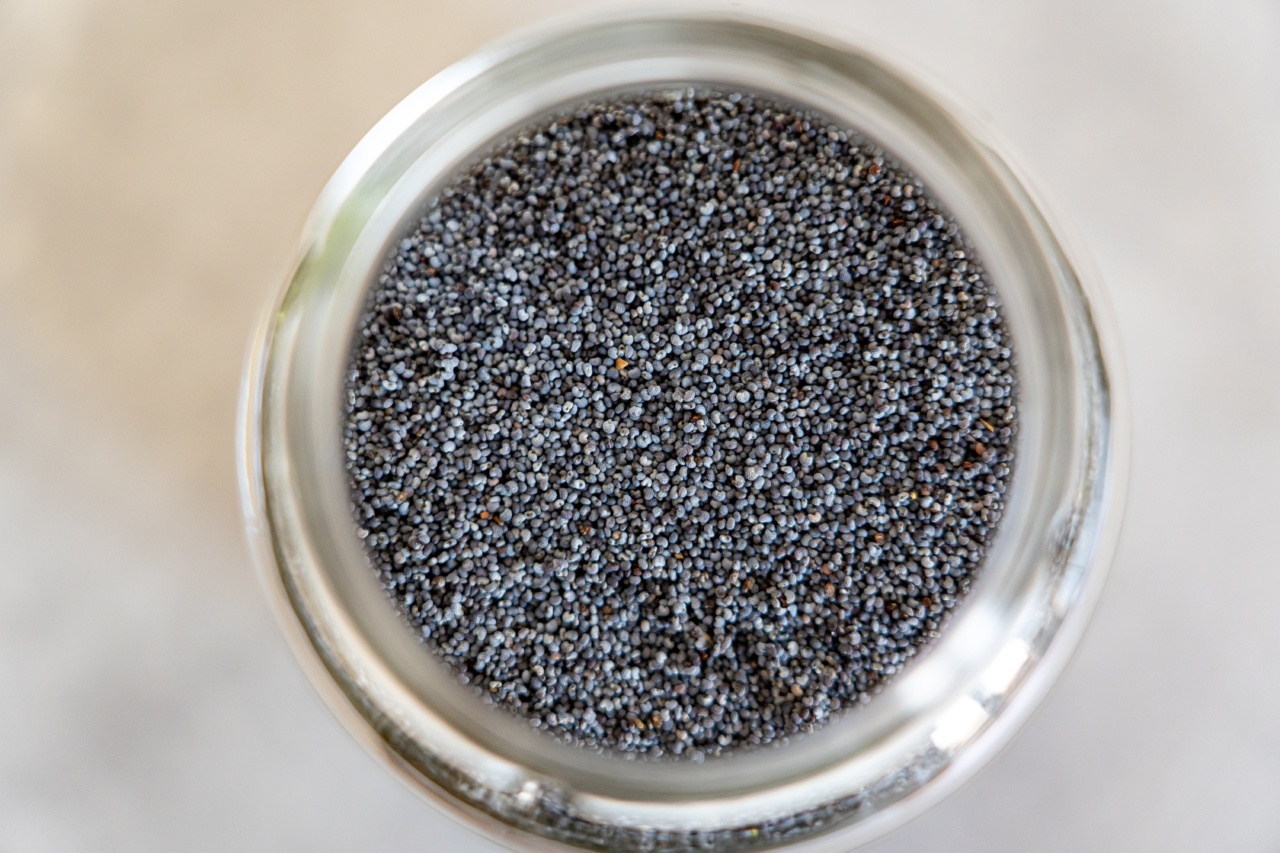There are several essential nutrients that our body needs to function properly. Despite following a balanced diet, sometimes it can be difficult to get all the necessary macronutrients and micronutrients.
A lack of these nutrients can lead to various health problems, so it is essential to make sure that you get enough of them.
In this article, we will cover four crucial nutrients that you need to add to your diet and the specific foods that contain them.
Vitamin D
Vitamin D is an essential nutrient that helps our body absorb calcium and maintain healthy bones.
Vitamin D is unique because our body can produce it through direct sunlight exposure, but it can also be obtained from food sources such as fortified dairy products, fatty fish, and egg yolks.
Studies suggest that up to 50% of the world’s population may not get enough vitamin D, and people who live in areas with limited sunlight exposure or use sunscreen regularly could be at risk of developing a deficiency.
Vitamin D deficiency can lead to bone loss, increased risk of fractures, and muscle weakness. It has also been linked to autoimmune diseases, certain cancers, and respiratory infections.
To ensure you are getting enough vitamin D, try to include food sources in your diet or opt for a vitamin D supplement if necessary.
Magnesium
Magnesium is a mineral that contributes to several bodily functions, including nerve and muscle function, heart rhythm, and bone structure. Magnesium can be found in green leafy vegetables, whole-grain cereals, nuts and seeds, and legumes.
Unfortunately, many people do not get enough magnesium in their diets. A magnesium deficiency can cause symptoms such as muscle cramps, tremors, and anxiety, as well as an increased risk of developing osteoporosis and cardiovascular disease.
It is essential to include magnesium-rich foods in your diet or take a magnesium supplement if necessary.
Vitamin B12
Vitamin B12 is essential for healthy nerve function, the production of red blood cells, and DNA synthesis. It can only be found naturally in animal-based foods such as meat, eggs, and dairy products.
People who follow a vegan or vegetarian diet may be at risk of developing a vitamin B12 deficiency as they do not consume animal products.
A vitamin B12 deficiency can cause symptoms such as fatigue, numbness or tingling in the hands and feet, and difficulty maintaining balance.
It is recommended that people following a vegan or vegetarian diet take a vitamin B12 supplement or consume fortified foods like breakfast cereals, nutritional yeast, and plant-based milk alternatives.
Iodine
Iodine is an essential mineral that is required for the production of thyroid hormones. The thyroid gland regulates metabolism and energy production in the body.
Iodine can be found in seaweed, fish, dairy products, and iodized salt. However, some people may not get enough iodine in their diets, and a deficiency can lead to an enlarged thyroid gland, fatigue, weight gain, and goiter.
To ensure that you are getting enough iodine, include iodine-rich foods in your diet or opt for an iodine supplement if necessary.
Conclusion
Adding these four essential nutrients to your diet can make a significant impact on your overall health and well-being.
Be sure to include foods rich in vitamin D, magnesium, vitamin B12, and iodine in your diet, or take supplements to avoid deficiencies and related health issues.






























